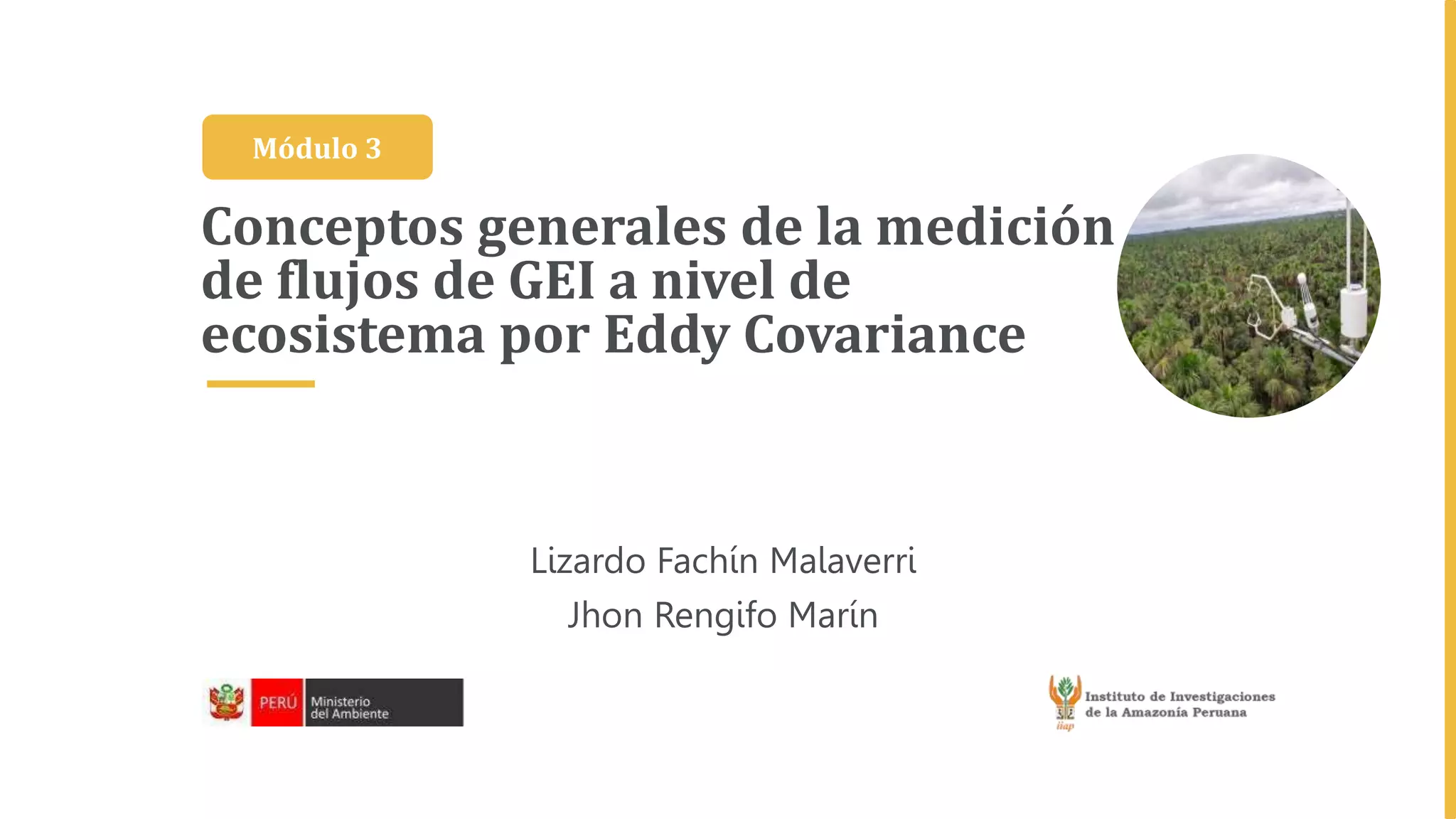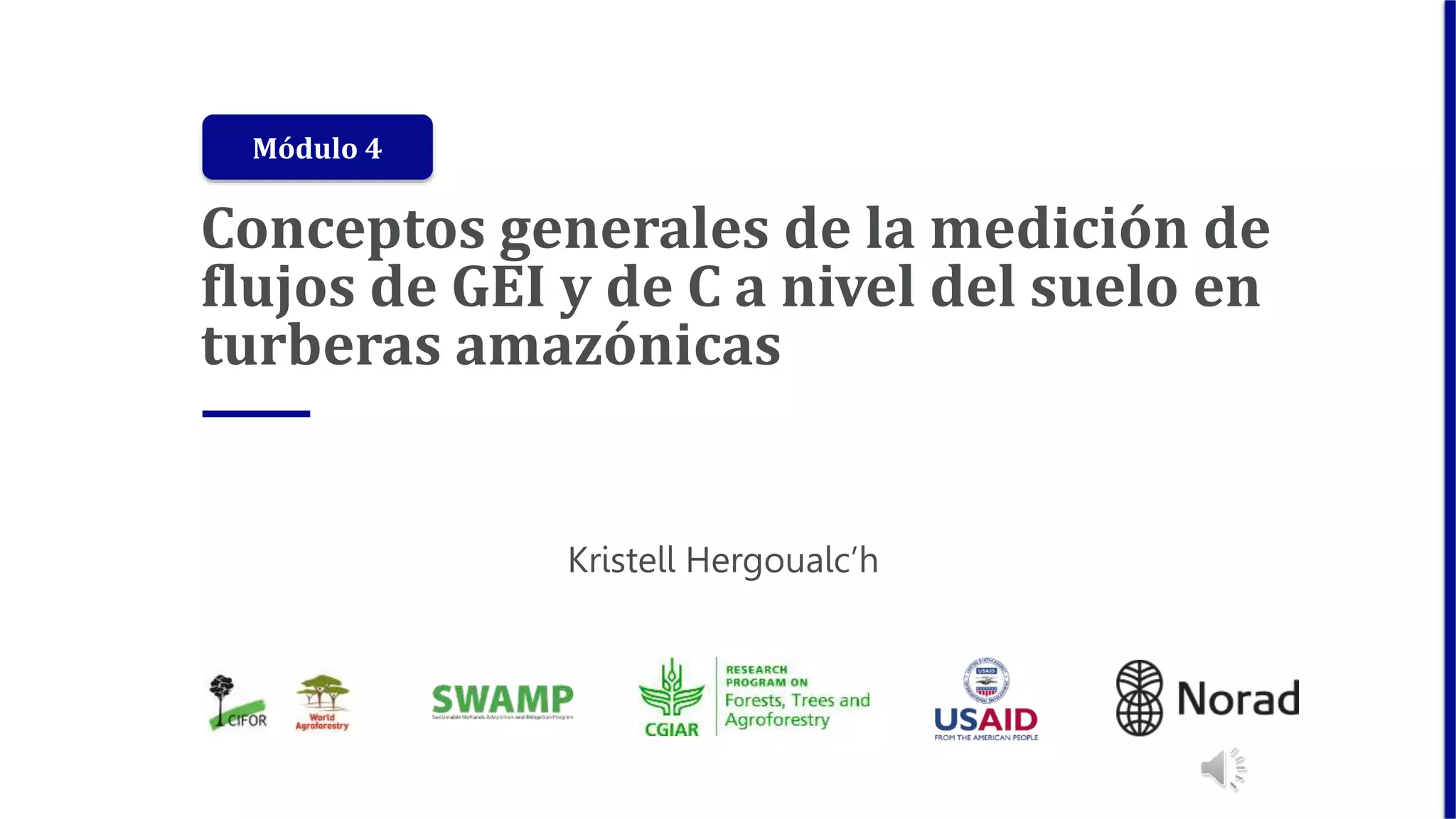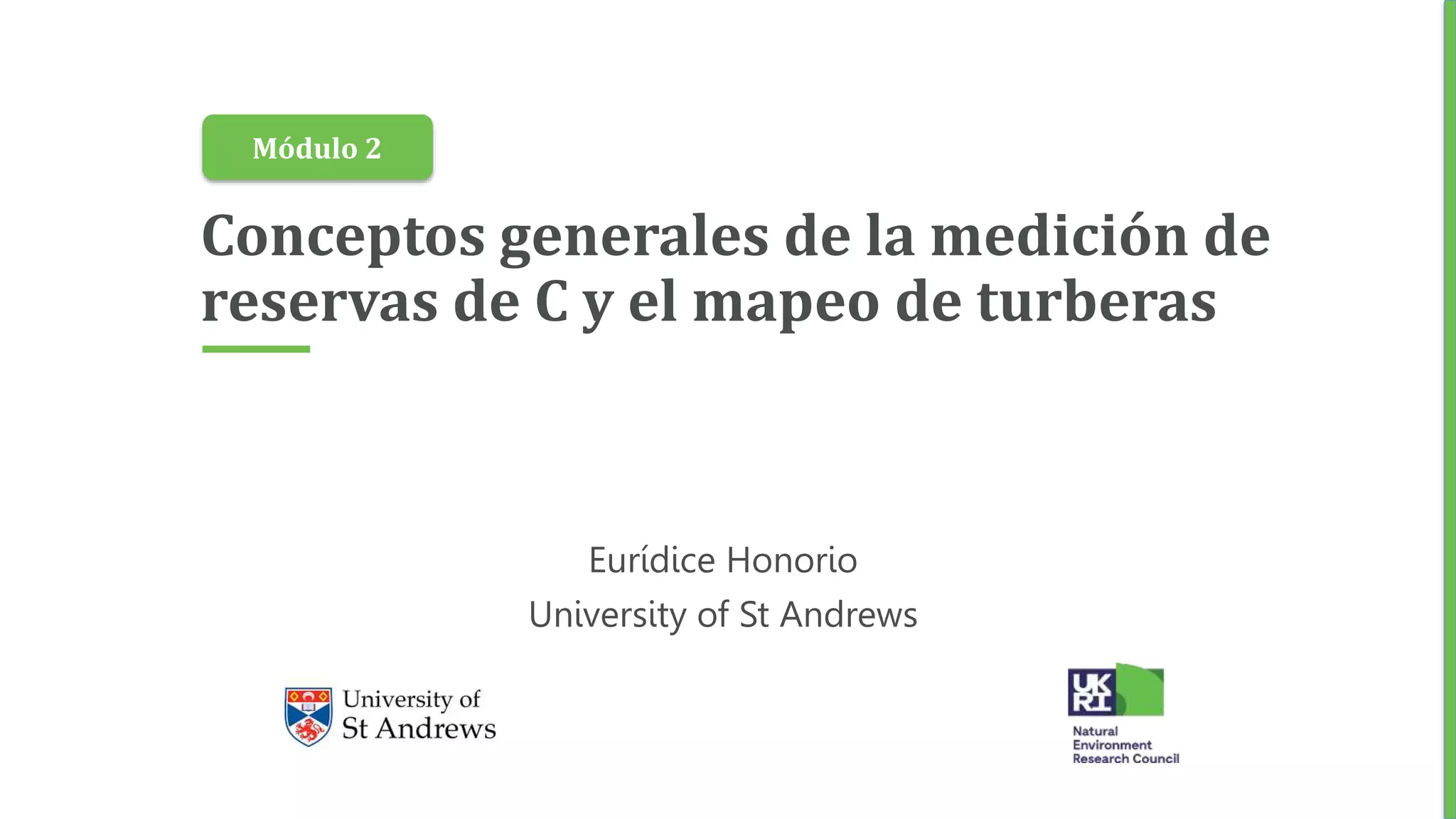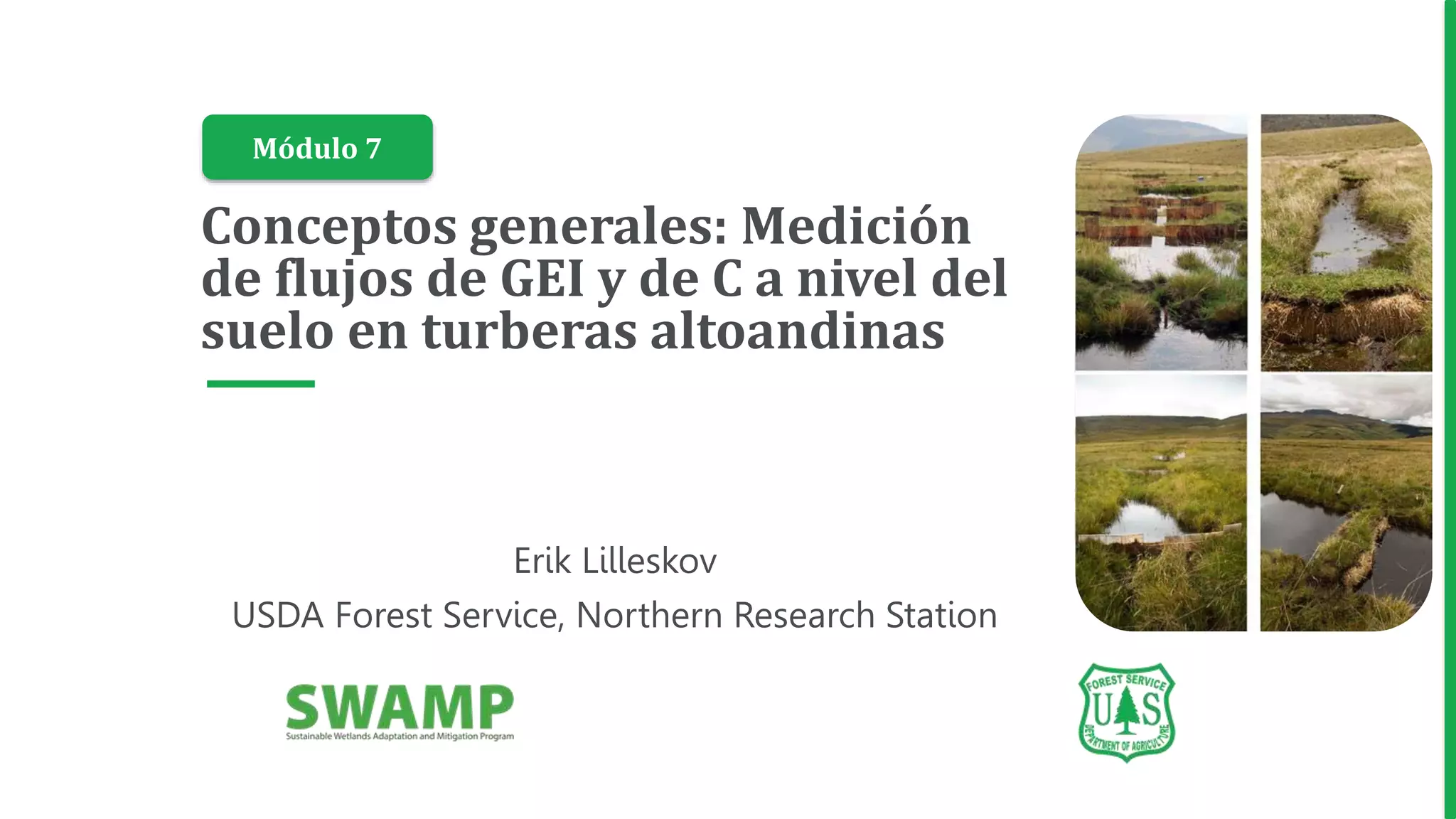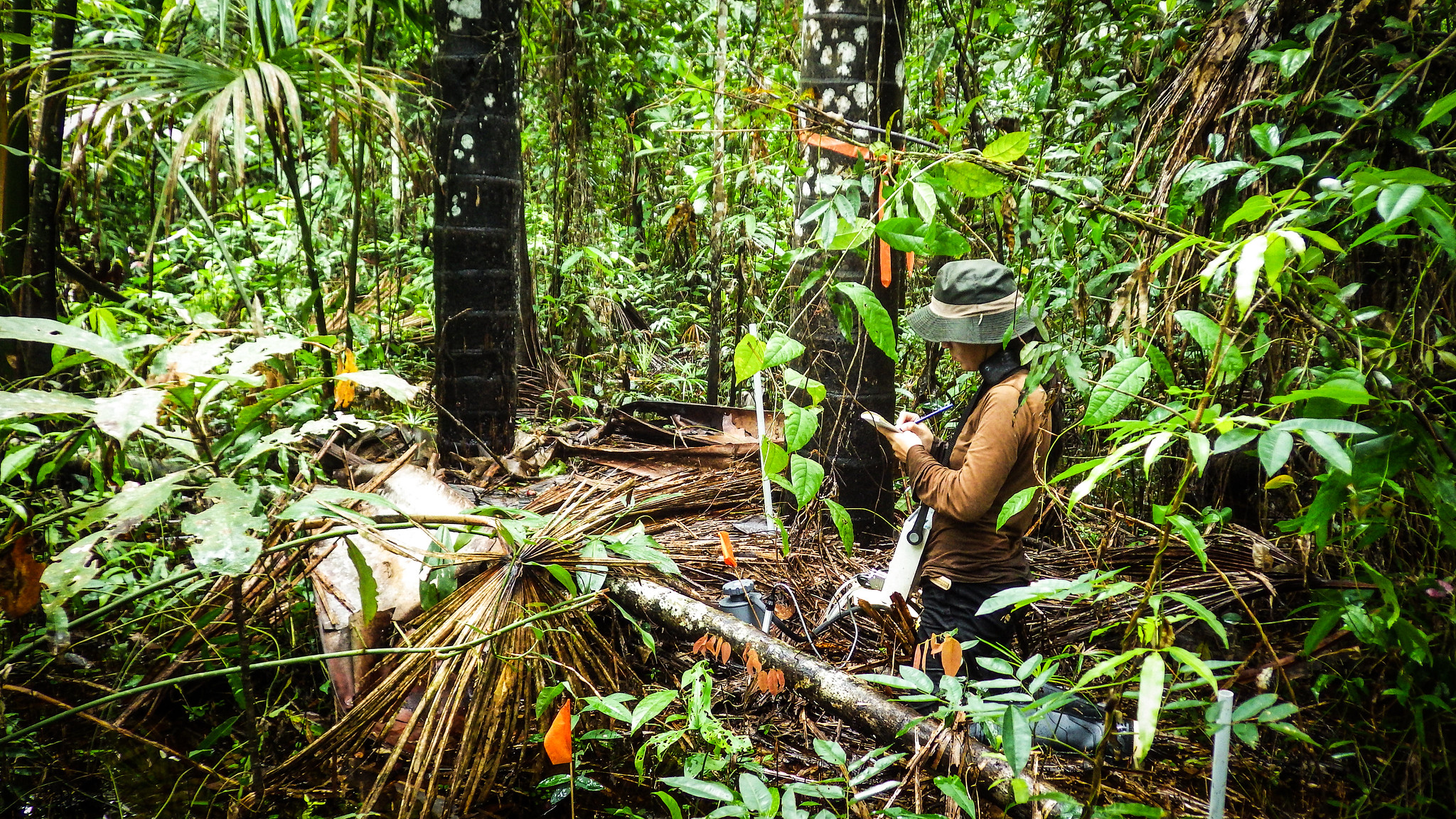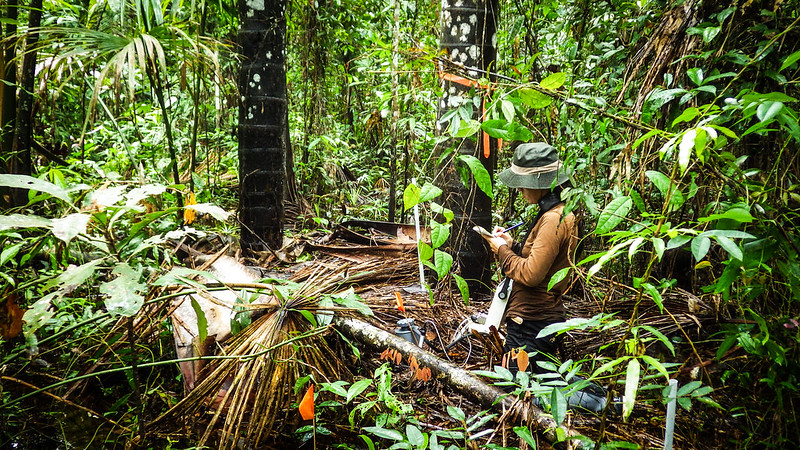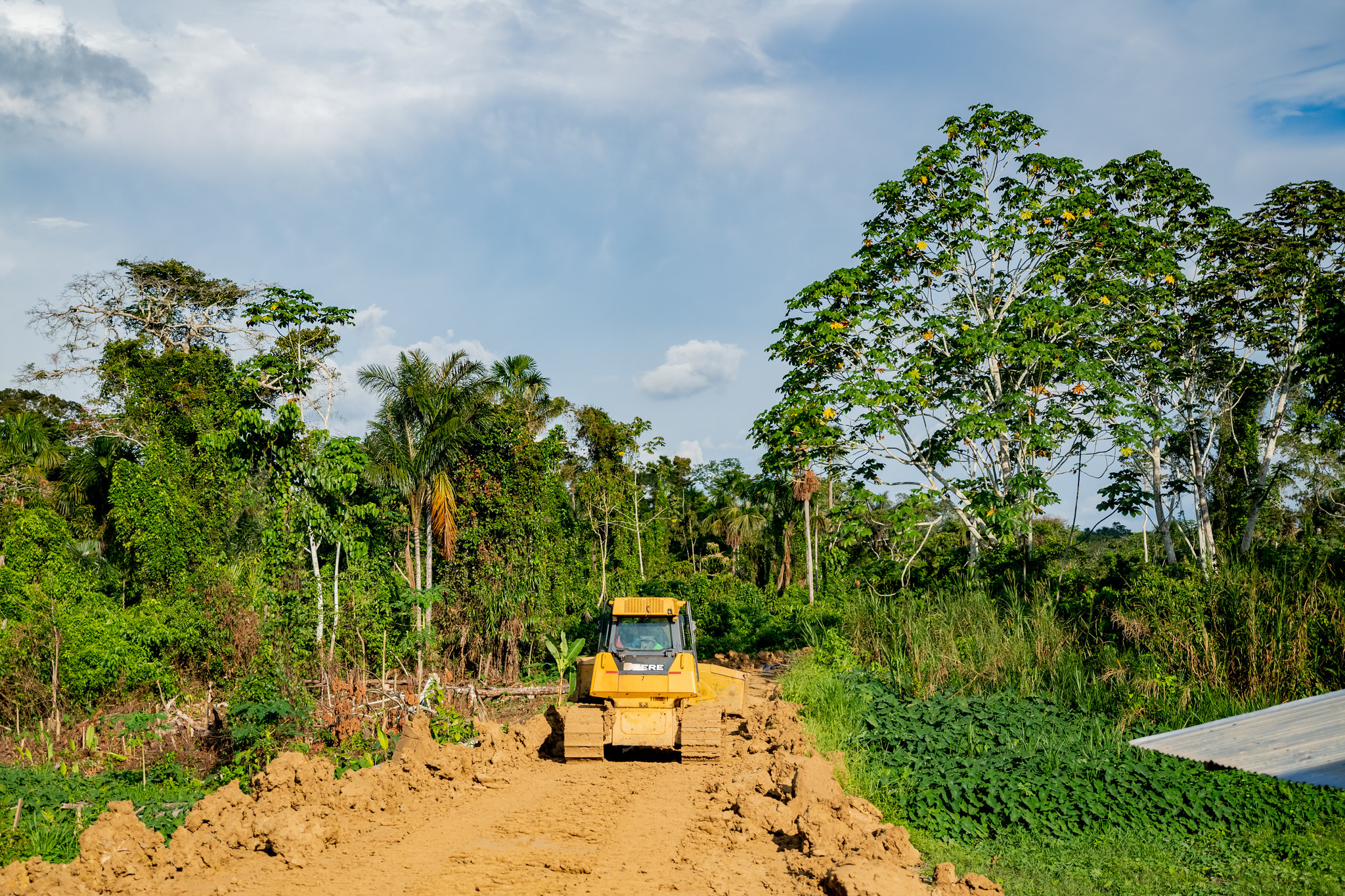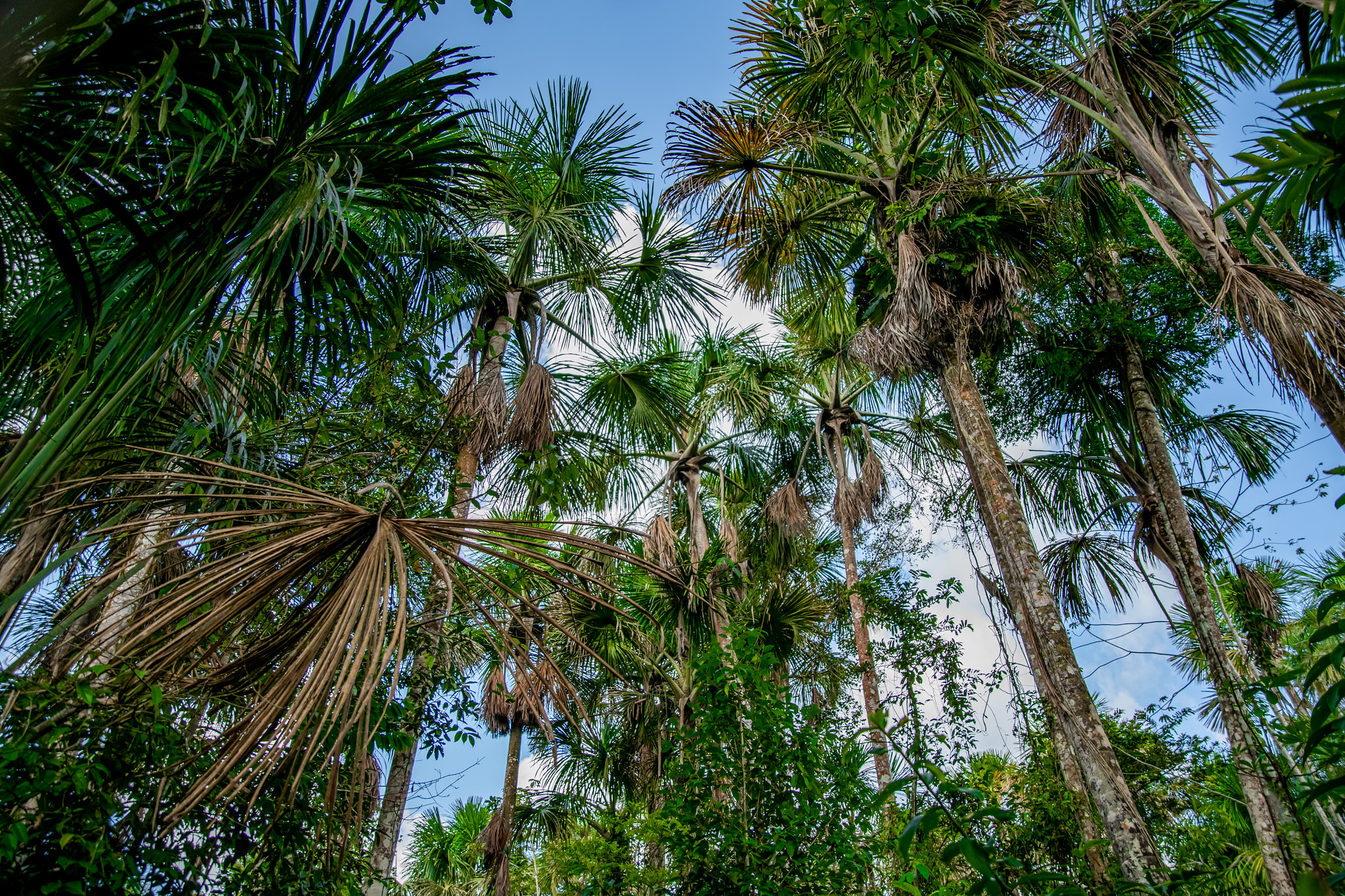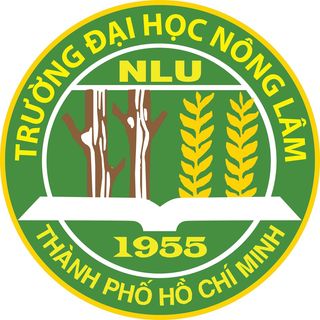Description
The Sustainable Wetlands Adaptation and Mitigation Program (SWAMP) and its predecessor The Wetlands Initiative for Climate Adaptation and Mitigation program have been running for 10 years. They were designed to meet an ambitious goal, to generate credible wetlands science for public policy making. These collaborative programs between CIFOR and United States Forest Service have been generously supported by USAID and implemented in almost 30 countries across the tropics.
SWAMP continues to generate knowledge to be delivered to policy community and other decision-making bodies, supported by new funding from USAID. The specific objectives of this new phase of SWAMP are:
- Generate new multi-disciplinary knowledge in wetland science to address current gaps, such as wetlands and climate change feedback (e.g. release of soil carbon in peats) or the role of wetlands in improving the resilience of coastal communities against extreme disturbances (fires, hurricanes, droughts, and spontaneous dieback).
- Inform global stakeholders on the advances of wetland science to help shape their climate change and risk reduction agendas.
- Work with national stakeholders to identify governance arrangements (including policy design and implementation) across multiple levels that will enhance resource sustainability as well as climate change adaptation and mitigation, including innovative financing mechanisms.
- Support local stakeholders by building their capacity to implement direct actions on the ground to achieve sustainable and equitable livelihoods and enhance their resilience.































